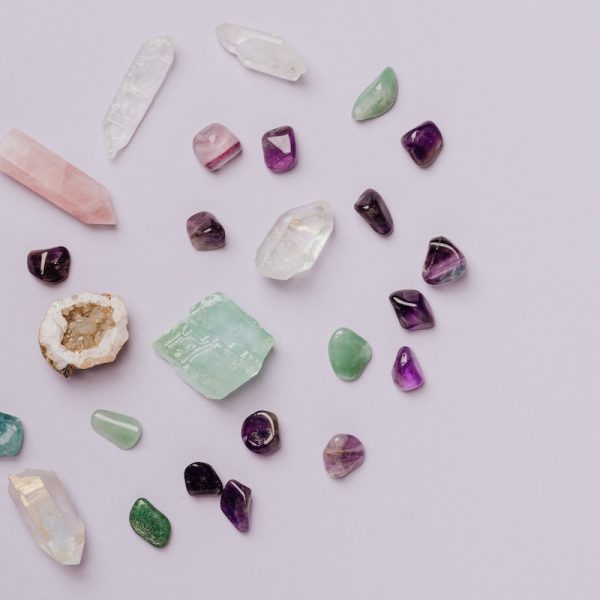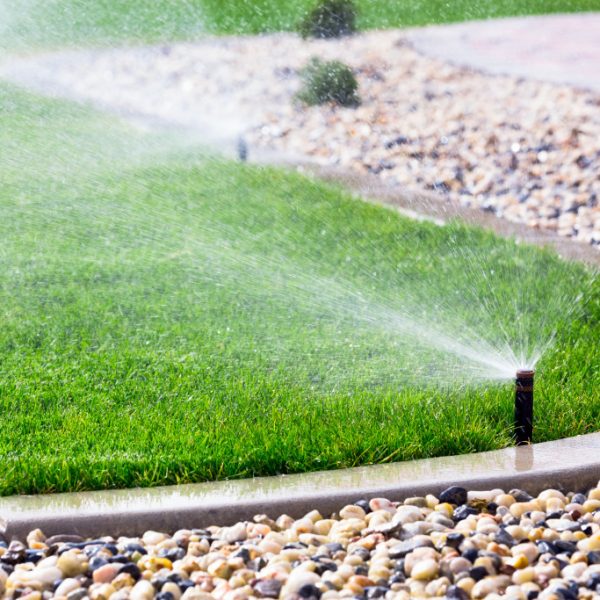As you age, your body changes. By the time you reach your senior years, you likely will have wrinkles and fine lines in every part of your skin, hair growing out of unusual places, veins and blood vessels becoming more visible under your thinning skin, and uneven skin tone. Although they can minimize these issues, some signs of aging are inevitable.
Seniors in old age may also notice their skin becoming dryer.
Why You Have Dry Skin in Old Age
In your youth, you may have grappled with oily skin. Teens tend to produce more sebum as a result of fluctuations in levels of hormones. Acne is a common problem among young people because sebum traps dirt and bacteria, clogging pores and inflaming the skin.
The reverse happens when a person grows older. One of the most common skin concerns among seniors is dryness.
With age, the sebaceous glands, responsible for keeping your skin moisturized, produce less oil. Women typically start to gradually see a reduction of sebum on their skin after menopause. Men, however, tend to experience a minimal decrease until they hit the age of 80.
The sun is also a common culprit behind dry skin. Decades of exposure to the sun’s harmful rays will lead to skin drying, particularly connective tissue. As a result, seniors experience numerous skin concerns, including the reduction of elasticity and strength and dryness. The signs of aging are most common in areas of the skin that are constantly exposed to the sun.
But while dry skin occurs due to age, there are things that you can do to minimize its impacts.
Add Moisture Back Topically
There are many products out there that promise to moisturize the skin, and many of them work. However, if you want to see immediate improvements, add serums into your skincare routine.
Serums have a high concentration of active ingredients, which guarantees fast results. You can use serums to target specific skin concerns such as uneven skin tone, wrinkles, and fine lines. Moreover, serums often deliver moisture through the use of moisturizing ingredients like hyaluronic acid and ceramides. These products are especially effective because they are made up of small molecules that can penetrate deeper into the skin.
You should apply serums after you wash your face and before you use a moisturizer. You can use most serums at least once a day, but read the label in case the active ingredient is too potent, especially for those who have sensitive skin. You can buy facial serum online via beauty websites or go to your local drugstore.

Add a Layer of Sunscreen
You can save your skin from the damage caused by the sun by simply applying sunscreen every day, including during winter.
By applying sunscreen every day, you minimize the impact of ultraviolet rays, known to increase the risk of skin cancer. You don’t have to deal with age spots, wrinkles, spider veins, hyperpigmentation, or melanoma.
Moreover, experts agree that you should still apply sunscreen even during the colder months. The sun’s rays are just as intense in winter as it is in summer. So remember to wear sunscreen all year round for maximum protection.
Choose a sunscreen that offers sun protection factor (SPF) 30 or more. It should also be broad-spectrum, meaning it protects against UVA and UVB. Reapply after you get out of the water or you have worked up a sweat.
Do not forget to use a light layer of lip balm that has sun protection on your lips. Your lips are part of your skin too and subject to damage from sun exposure.
In addition, use sun protection such as a wide-brim hat or an umbrella when the sun’s heat is particularly intense. You should seek shelter between around 10 AM and 2 PM when the rays of the sun are at their strongest.
Maintain a Diet That Combats Dry Skin
Your skin is still an organ. Your diet has an impact on how it looks and the changes it undergoes through time.
You can combat dry skin by eating suitable types of food. Prioritize foods high in vitamin A, vitamin C, vitamin D, vitamin E, selenium, and zinc. You can get these nutrients by eating a varied and well-balanced diet. However, some foods are suitable for the skin, such as avocado, sweet potato, baked beans, sunflower seeds, sweet red pepper, soy, almond, and oat milk.
Seniors do not have to deal with the natural changes that come with age. They can minimize the signs of aging by taking good care of their skin. Keep your skin hydrated, protect it from the sun, and eat healthy foods, and you’re all set to go.




